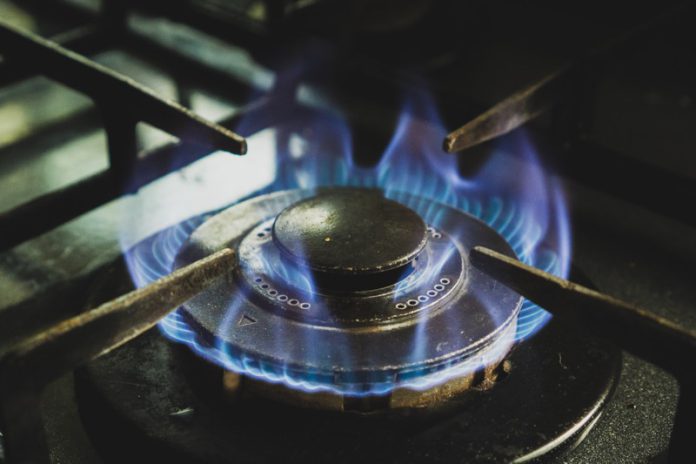In the intricate process of buying or selling a home, ensuring the safety and well-being of its future occupants is paramount. Gas safety certificates are pivotal, providing crucial information that can influence transactions and give peace of mind to all parties involved.
Gas safety certificates, also known as Gas Safety Records, are official documents that verify the safety of gas appliances and systems within a property. They are typically required by law in many regions for landlords and property owners to ensure the well-being of occupants.
To obtain a gas safety certificate, you must hire a Gas Safe registered engineer to conduct a thorough inspection of all gas appliances, flues, and pipework in the property. Upon successful inspection completion, the engineer issues the certificate detailing the condition of the gas installations and confirming compliance with safety regulations. This certificate is crucial for legal compliance, transparency in property transactions, and ensuring the safety of those living in or using the property.
Here are the crucial roles to get your gas safety certificate in Edinburgh:
1. Transparency in Property Transactions
Gas safety certificates are a transparent record of the condition of a property’s gas appliances and systems. For sellers, having a valid and up-to-date certificate demonstrates a commitment to the safety and maintenance of the home, potentially enhancing the property’s appeal to prospective buyers.
2. Building Trust and Confidence
Buyers often view a valid gas safety certificate as a sign that a property has been well-maintained. It instills confidence in the buyer, assuring them that the gas appliances have undergone proper inspection and meet safety standards. This transparency contributes to a smoother and more trusting real estate transaction.
3. Negotiation Tool and Peace of Mind
For buyers, the absence of a gas safety certificate or the identification of issues in the inspection can be used as a negotiation tool. It provides a basis for discussing necessary repairs or adjustments to the property price. Conversely, a positive gas safety certificate can offer peace of mind, making home-buying more straightforward.
4. Legal Compliance and Risk Mitigation
Gas safety certificates are not just beneficial; they are a legal requirement in some regions. For sellers, compliance with these regulations is a legal obligation and a means of mitigating potential risks. Non-compliance could lead to delays in the selling process or even legal consequences.
5. Ensuring the Safety of Occupants
Above all, the primary purpose of gas safety certificates is to ensure the safety of those residing on the property. This consideration is central to buyers and sellers, reflecting a shared commitment to providing a secure living environment. A property with a valid gas safety certificate indicates a proactive approach to safeguarding the well-being of its occupants.
In the intricate dance of home buying and selling, gas safety certificates are critical, fostering transparency, trust, and legal compliance. Sellers showcase their commitment to safety, while buyers gain confidence in the property’s condition. Ultimately, the role of gas safety certificates extends beyond a mere transactional detail; it is a commitment to creating a secure and reliable living space for future homeowners.















